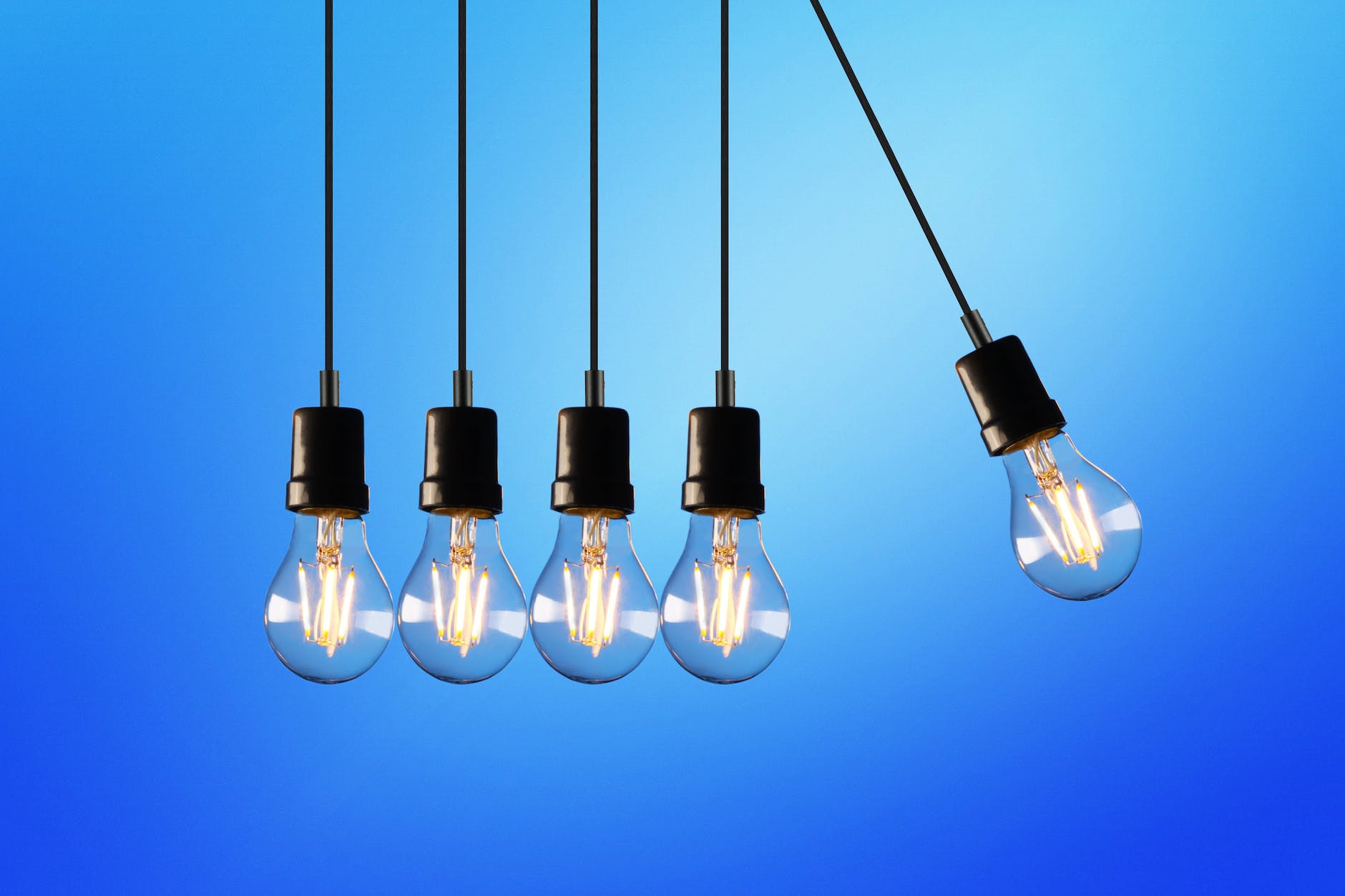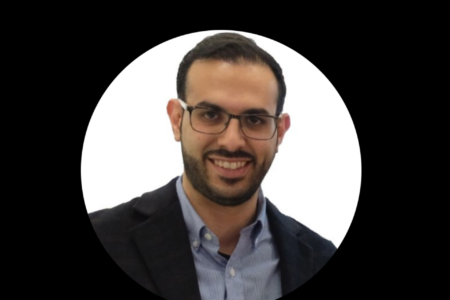
Green Success Stories sat down with Jane Lucy, CEO of Perse, the open energy platform automating financial and carbon savings for everything connected to the grid.

Jane, thank you for being here. Tell us a little bit about you and your background:
I am originally a lawyer, who then moved into television and got fascinated by technology when the internet changed the way we consume media. I am now a serial entrepreneur, having founded three companies. Labrador and Perse are in the energy and carbon space, Earth Funerals is a net zero funeral business for people and pets.
What would you do with $1 Billion dollars?
Despite dedicating most of my life to helping enable the transition to net zero, I am not convinced $1bn would make a difference. We need to ensure we have a commercially viable pathway for enough people to buy into it, in order for it to actually succeed. The other thing I am passionate about is personalised medicine. Whilst again it is such a huge area that $1bn may not be significant, I would still hope I could contribute in a meaningful way here.
Why do you think sustainability is such an important topic today?
Sustainability is the most important topic as not only is our future at risk but people, animals, marine life and insects are already dying. We cannot be sure of how much damage is repairable. We cannot be sure what the key elements will be to motivate the masses to play their part – as we do not yet have the required momentum. The fact that time is against us on such a critical topic can only create the utmost urgency.
What do you envision your industry looking like 10 years from now?
I think we have probably passed the tipping point of what is needed to decarbonise electricity and we are close to being on track to decarbonise transport. But I don’t feel we have even started when it comes to decarbonising gas. I hope that the government has implemented regulation to force a faster pace to solve this challenge and in turn, that the cost of things like heat pumps have become commercially viable.
What can the average person do to make a difference?
Avoid carbon in the first place, rather than leave it as something that needs to be captured and removed. This requires informed decision making around choosing low carbon energy contracts, energy efficient appliances, and sensible energy usage. If you had to single out the biggest difference, it would probably be to ensure their home has proper insulation.




